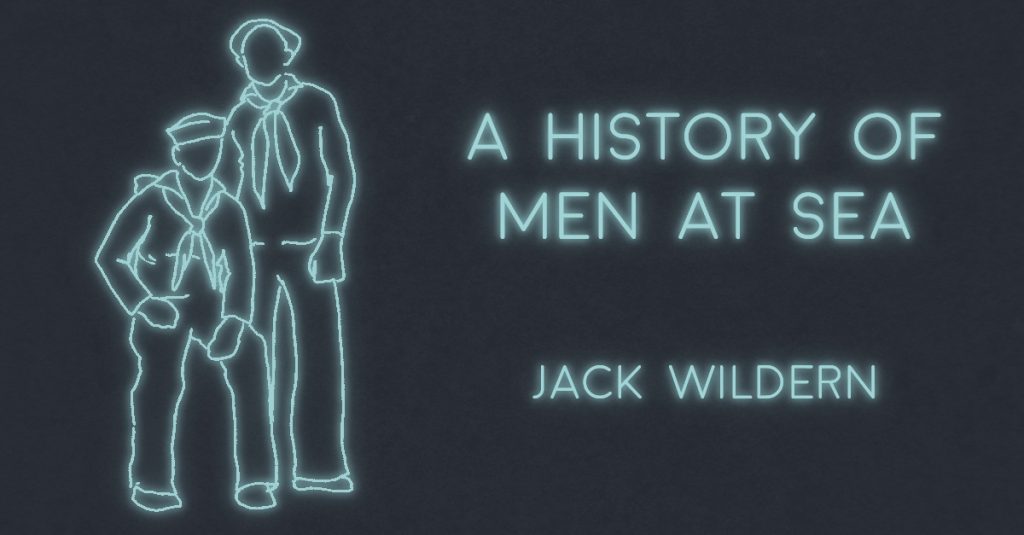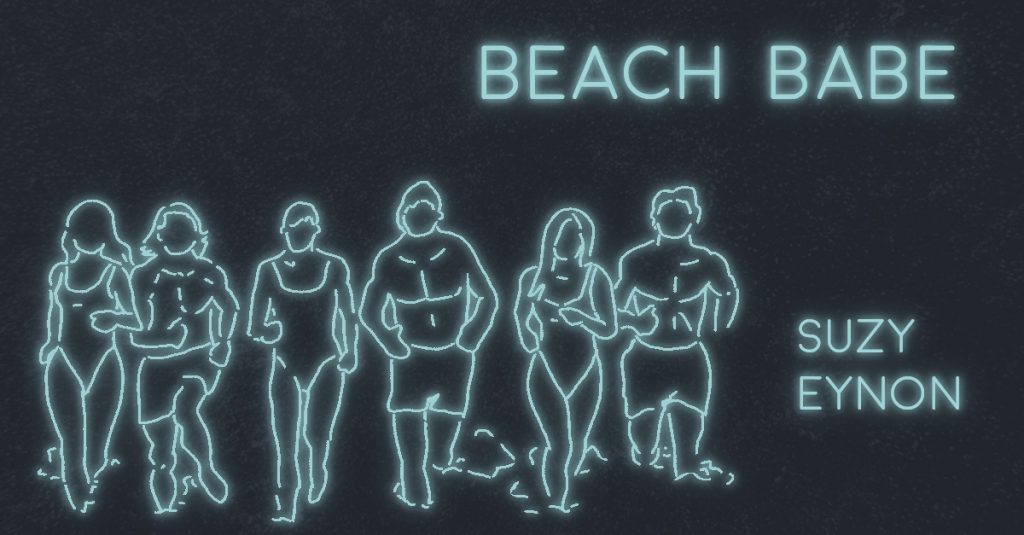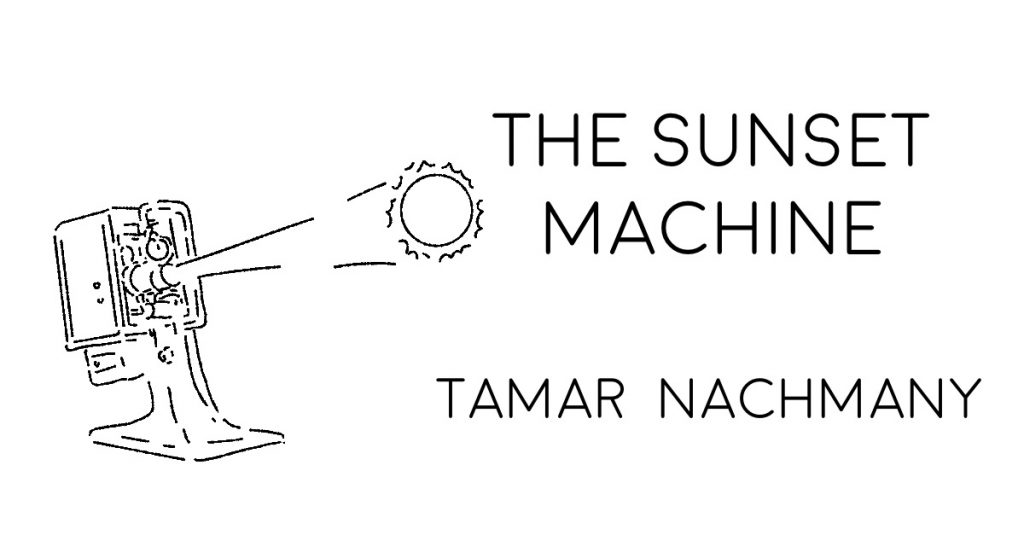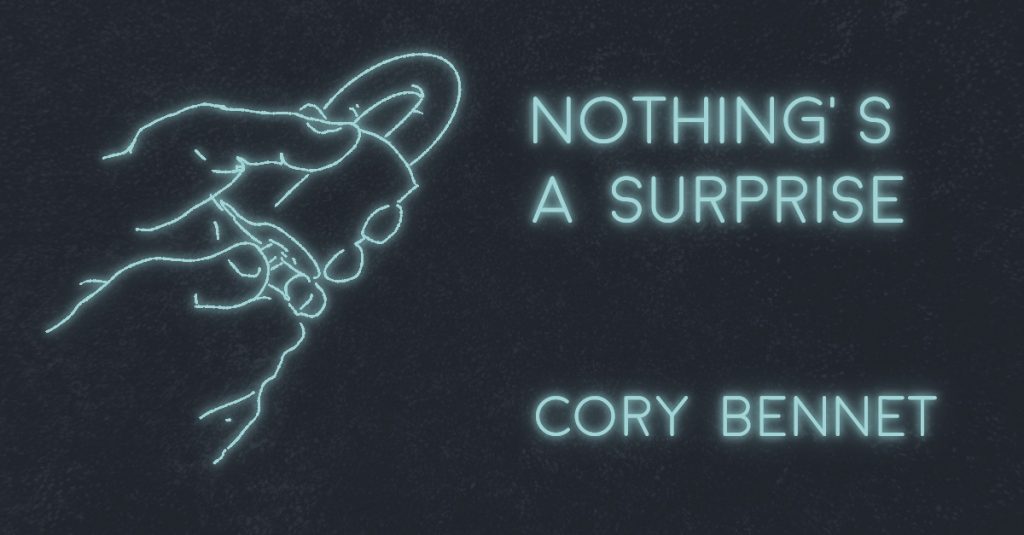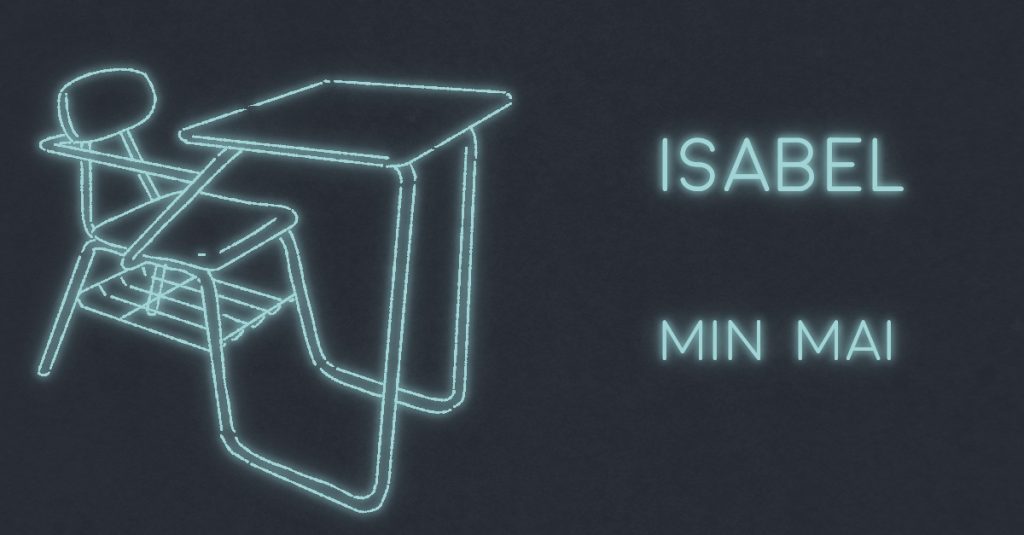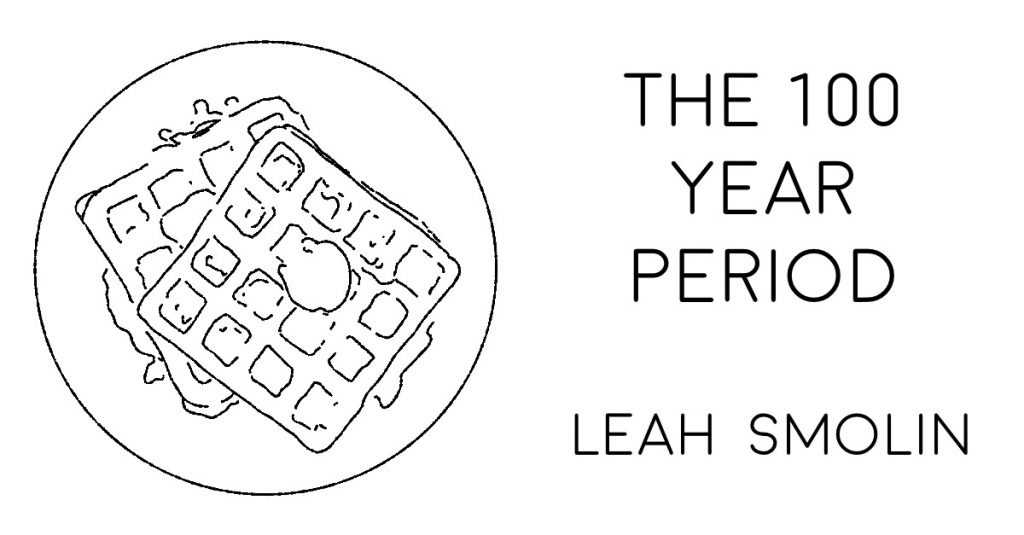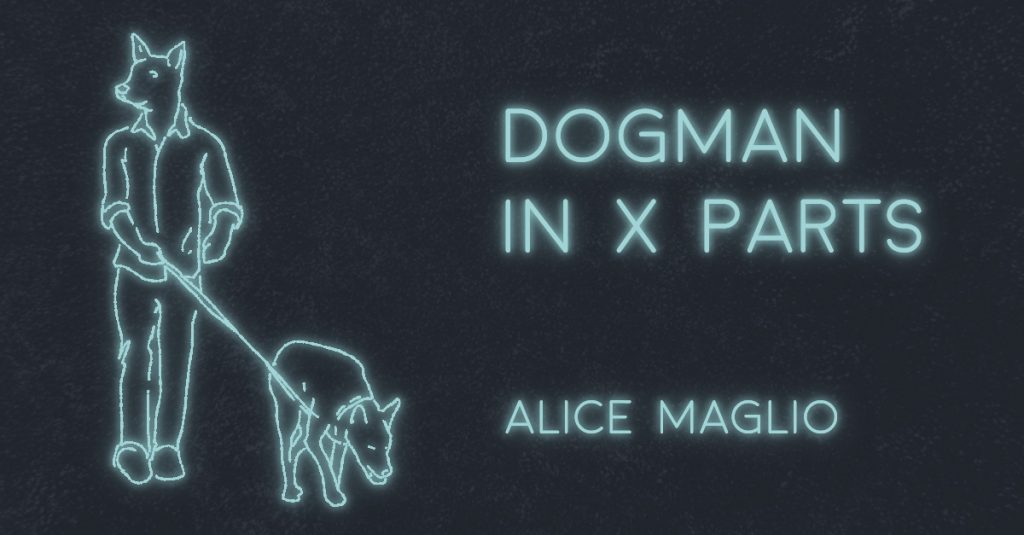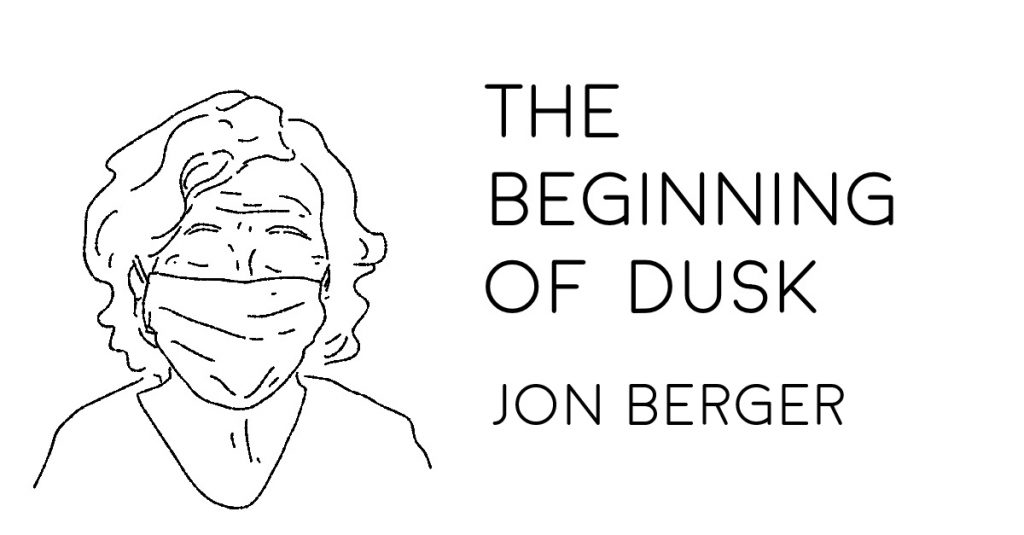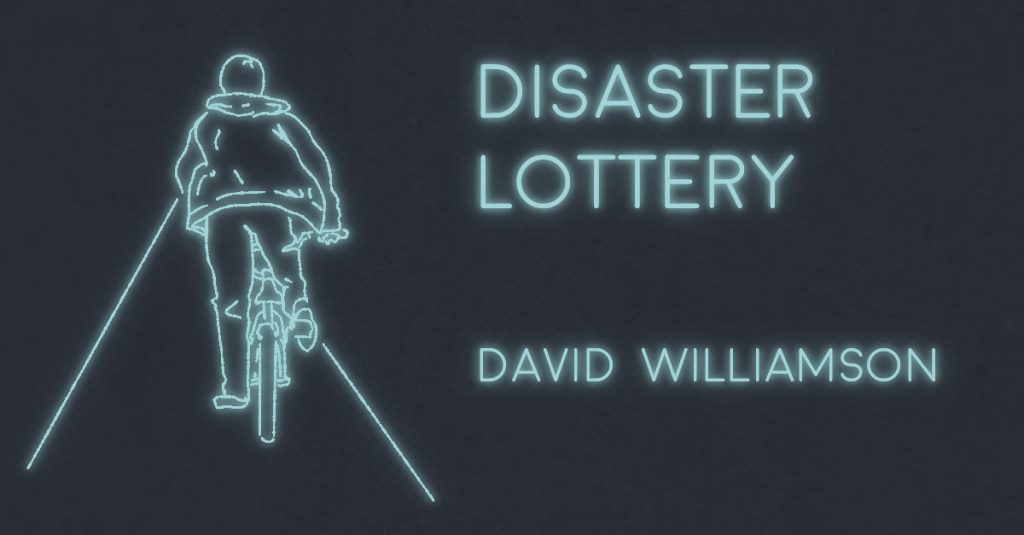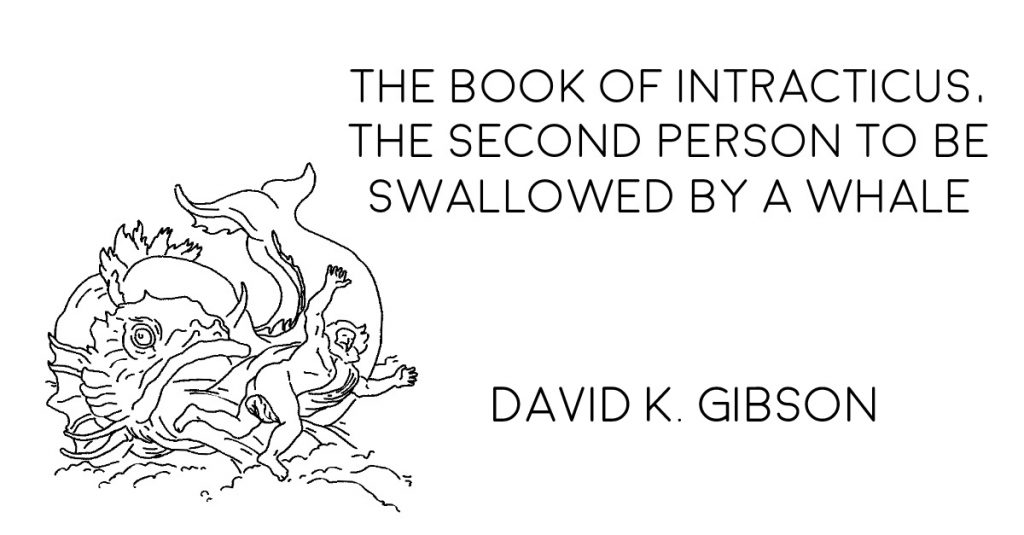
THE BOOK OF INTRACTICUS, THE SECOND PERSON TO BE SWALLOWED BY A WHALE by David K. Gibson
And lo, not fifteen minutes after the ship had cast off its ropes, a giant Phoenician dropped his last denarius into a brass bucket and Intracticus retired to the bar, where he proceeded to become loaded, even as unto the dice.

